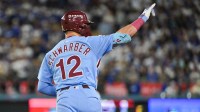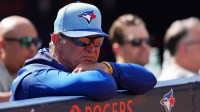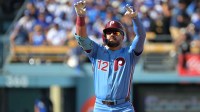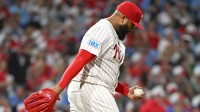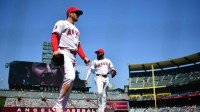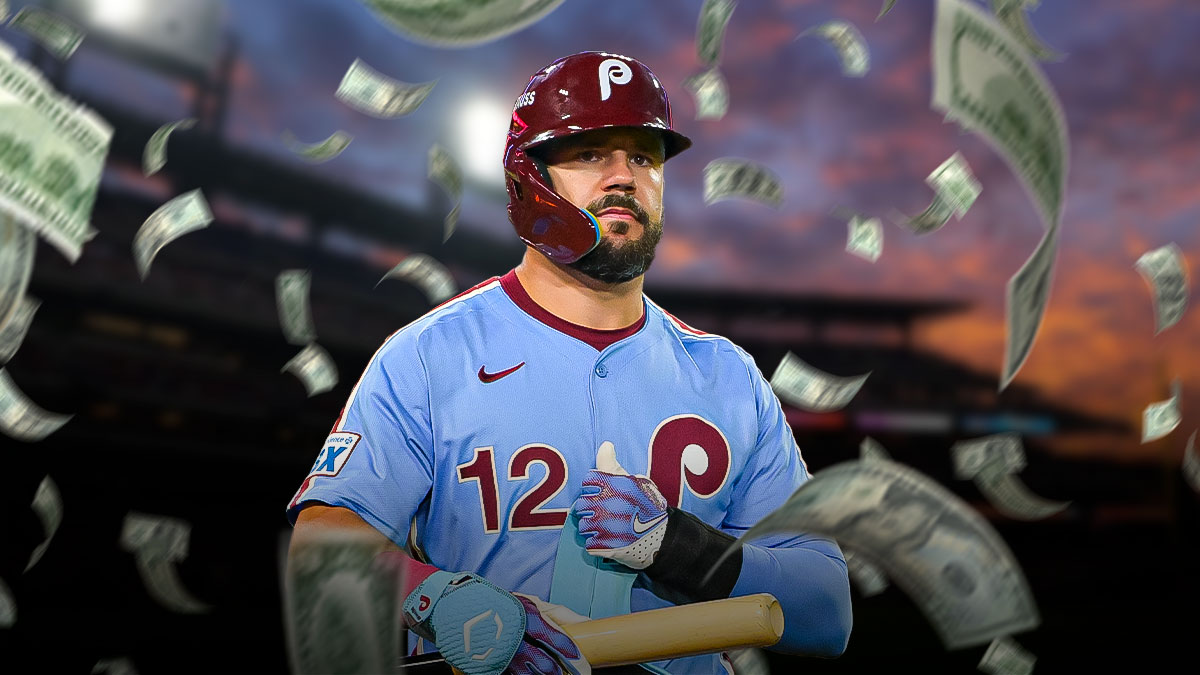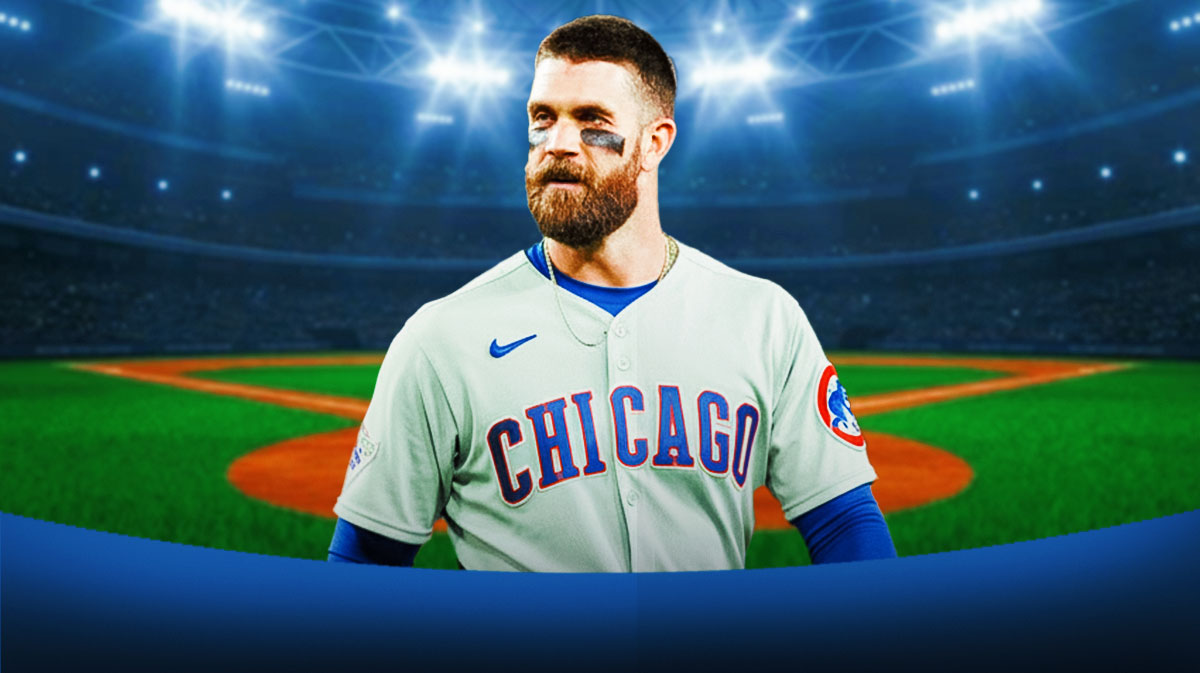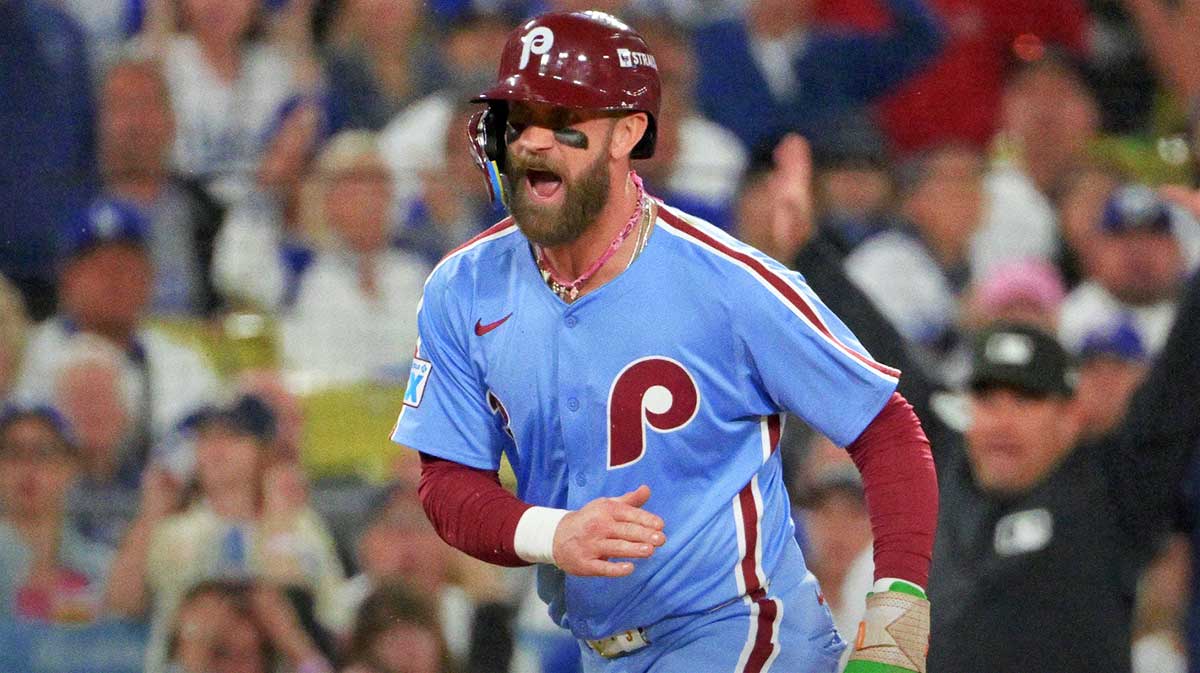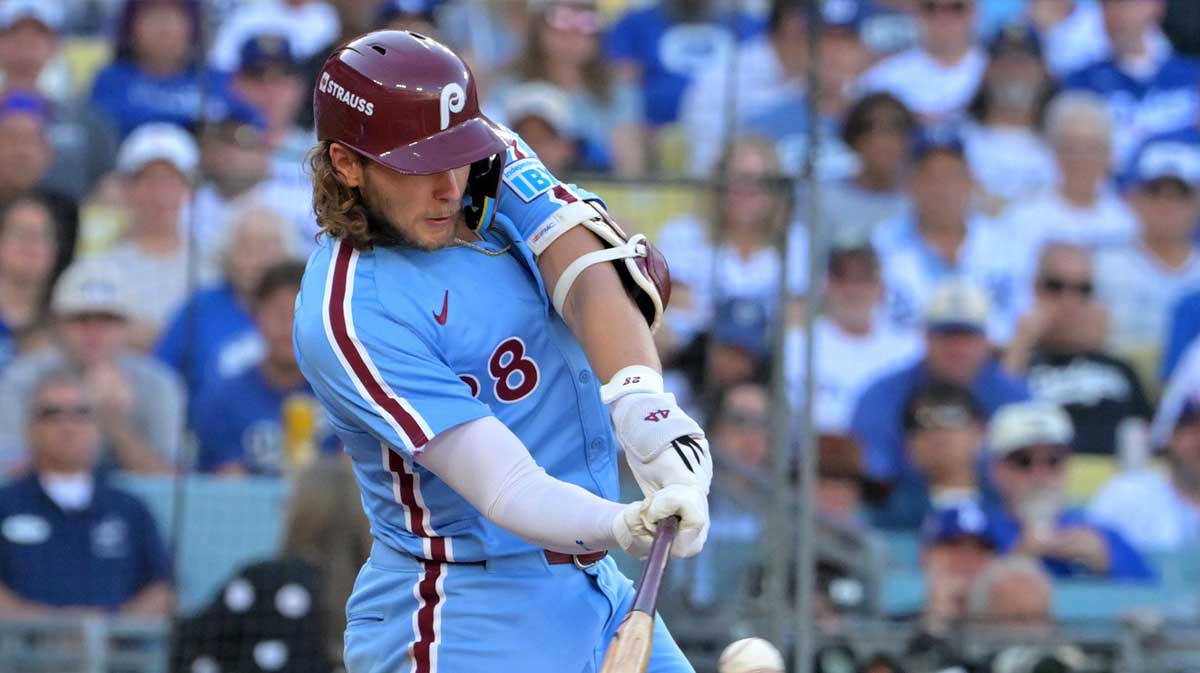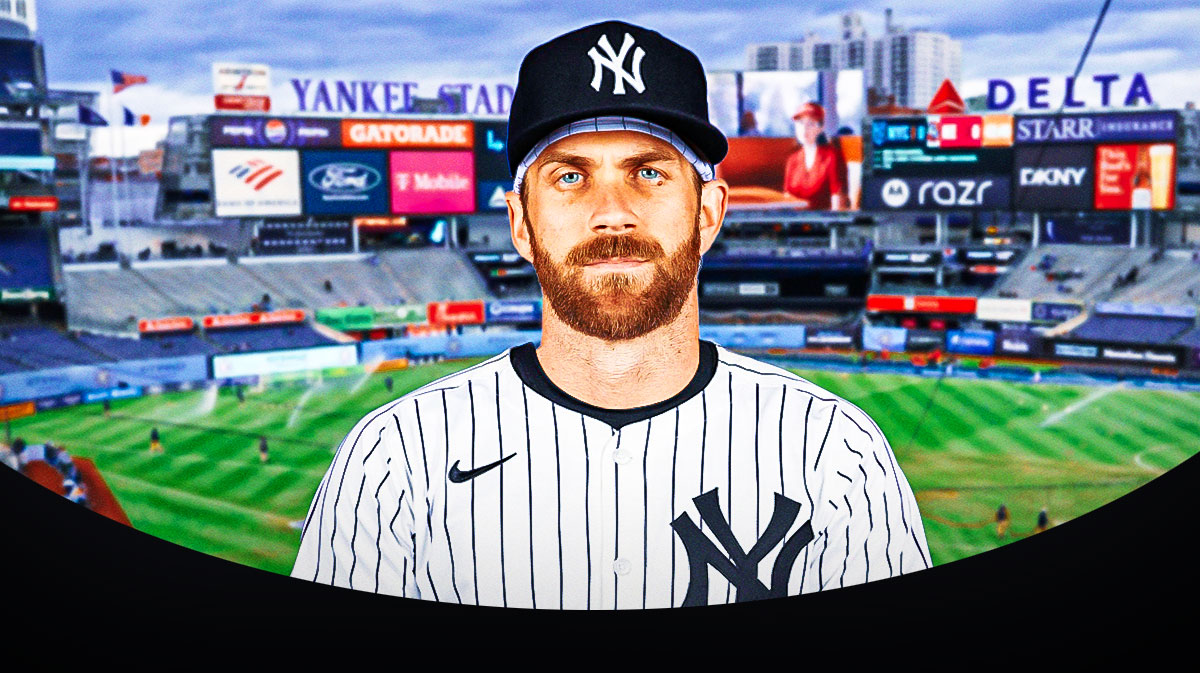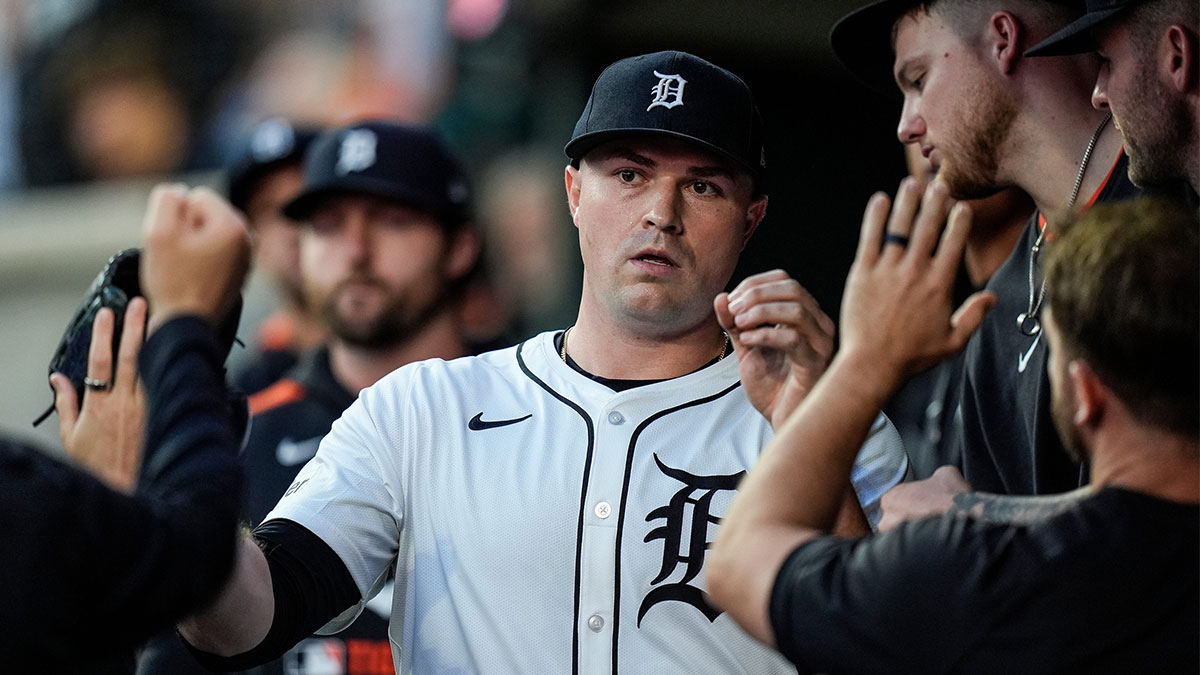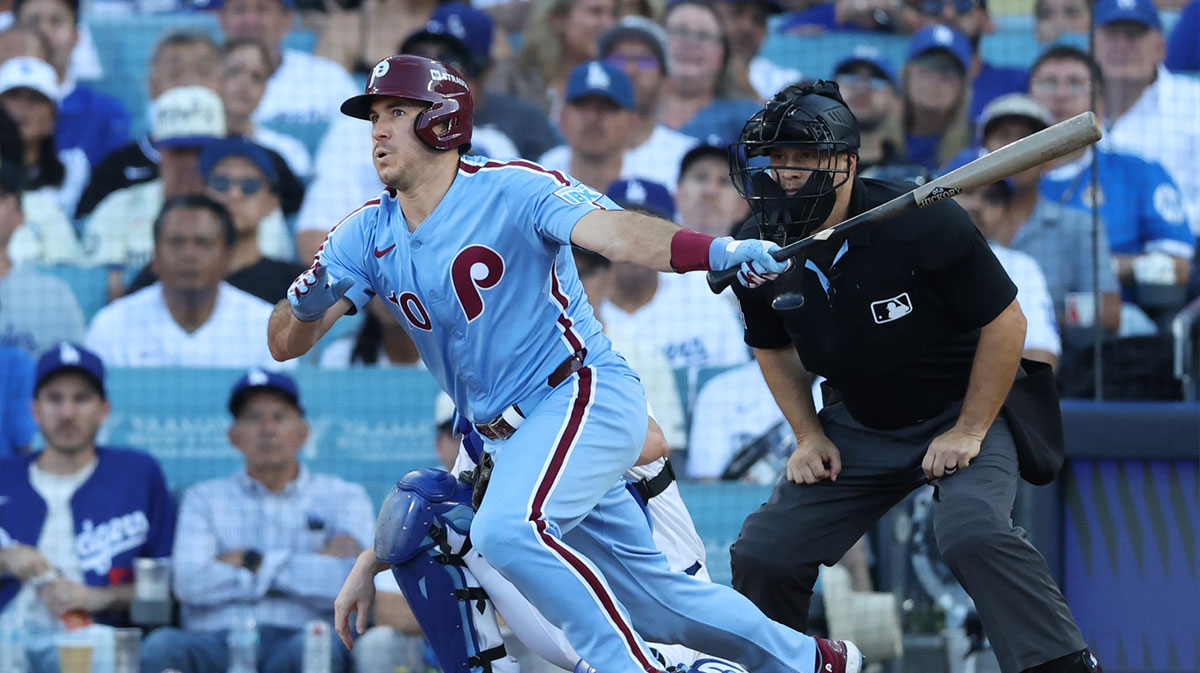The Philadelphia Phillies face a critical juncture entering the 2025-26 offseason. With Harrison Bader declining his mutual option and Max Kepler departing as a free agent, Philadelphia's outfield has crumbled into uncertainty. Yet the Los Angeles Angels possess the exact solution the Phillies desperately need: Jo Adell.
After years of frustrating underperformance, Adell finally broke through in 2025 with a career-defining season that proved the prospect hype wasn't misplaced. The 26-year-old slugged 37 home runs in 152 games, drove in 98 runs, and posted a 111 OPS+—his best marks since entering the majors. More importantly, Adell demonstrated improved plate discipline with a career-high .236 batting average and a 25 percent strikeout rate following mechanical adjustments. With two more years of club control, Adell represents exactly the controllable, cost-effective outfield production the Phillies need while they develop Justin Crawford.
The Angels have already indicated willingness to listen to offers on their corner outfielders. This presents the perfect opportunity for the Phillies to strike.
Why Jo Adell Makes Sense for Philadelphia
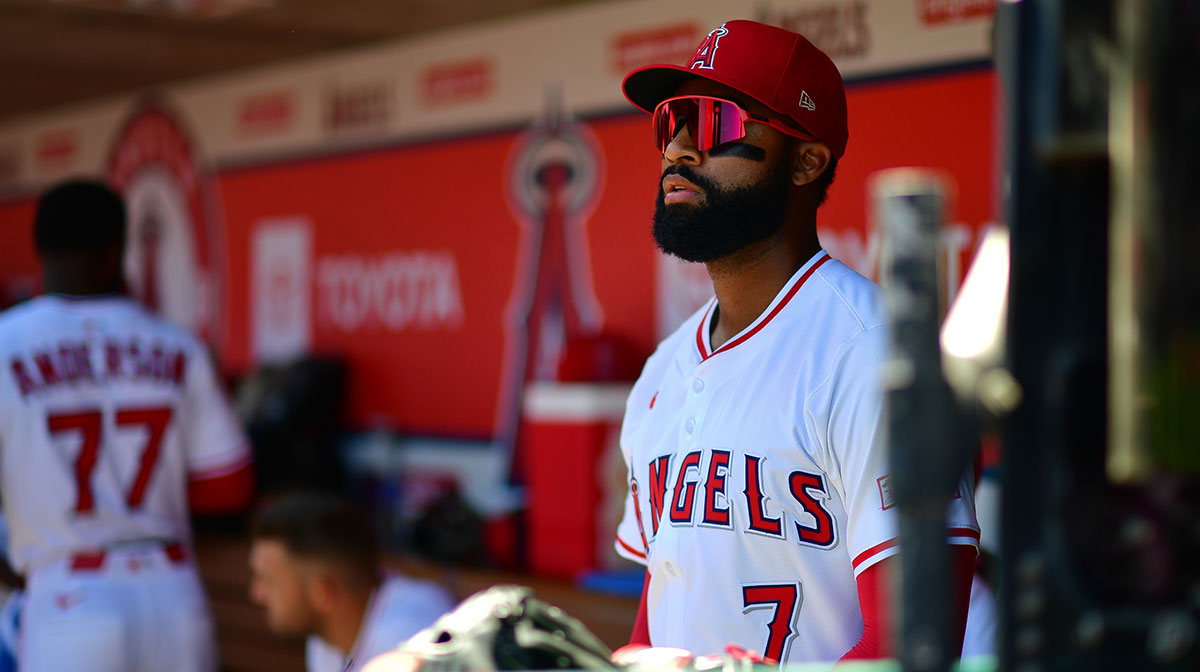
The Phillies' outfield situation has devolved into a crisis requiring immediate intervention. Brandon Marsh struggled mightily at the plate, Nick Castellanos disappointed down the stretch, and the organizational depth remains questionable. Manager Rob Thomson and President of Baseball Operations Dave Dombrowski must act decisively.
Adell's 37 home runs ranked fourth in the American League last season, showcasing legitimate power production from a premium position. His youth and remaining arbitration years provide Philadelphia with financial flexibility compared to costly free agent alternatives. Additionally, Adell's breakout campaign demonstrates his potential hasn't been exhausted—he's still ascending the talent curve rather than declining.
The Phillies' system contains legitimate trade assets capable of landing Adell without gutting their future. Andrew Painter, though recovering from Tommy John surgery, remains a generational pitching talent, but his injury history and complicated timeline make him too valuable to include. Aidan Miller, the shortstop prospect, similarly represents irreplaceable organizational depth. However, Phillies prospects like Aiden Miller (shortstop), Eduardo Tait (catcher), and others provide realistic trade pieces that won't compromise Philadelphia's long-term outlook.
The Perfect Trade Proposal: Phillies to Angels
The Phillies should construct their offer around mid-tier prospect talent combined with salary relief. Here's the ideal proposal:
PHILLIES TRADE TO ANGELS:
- OF Brandon Marsh
- SS Aiden Miller
- C Eduardo Tait
- RHP Carlos Hernandez
- 2026 fourth-round draft pick
ANGELS TRADE TO PHILLIES:
- OF Jo Adell
- Minor consideration
This framework accomplishes multiple strategic objectives for both franchises. The Angels receive two promising prospects to replenish their farm system—something critical for an organization rebuilding its competitive window. Marsh's departure frees organizational space while his salary assists the Angels' payroll flexibility. The conditional fourth-round pick rewards Los Angeles for a healthy Adell season, providing additional compensation.
For Philadelphia, the acquisition of Adell doesn't require sacrificing premium prospects like Painter, Miller, or Crawford. The Phillies maintain their developmental infrastructure while immediately addressing their most glaring weakness. Brandon Marsh has underperformed expectations and represents a logical candidate for relocation. Eduardo Tait, while talented, ranks behind several catching prospects in organizational hierarchy.
Why This Framework Works
Dave Dombrowski has proven willing to make decisive trades—his July deadline acquisition of Harrison Bader demonstrated commitment to upgrading immediately. The Angels, meanwhile, must evaluate whether holding Adell past his breakout campaign makes financial sense. Trading him now maximizes return value while demonstrating organizational commitment to their rebuild.
Jo Adell represents the most realistic outfield upgrade available via trade. His salary remains manageable, his talent level addresses Philadelphia's needs, and the cost doesn't require dismantling the Phillies' sustainable competitive window. The 111 OPS+ and 37 home runs proved the talent was always there—mechanically adjusting transformed Adell from organizational disappointment into legitimate MLB contributor.
The Phillies cannot bank entirely on Justin Crawford developing faster than his prospect trajectory suggests. Adding Adell provides proven production today while Crawford completes his development. This dual approach—proven talent plus prospect development—creates organizational balance.
The Angels receive compensatory prospects and salary relief for a 26-year-old entering his prime. The Phillies address their most critical need without sacrificing long-term flexibility. This framework represents a win-win scenario in today's complex trade landscape.



